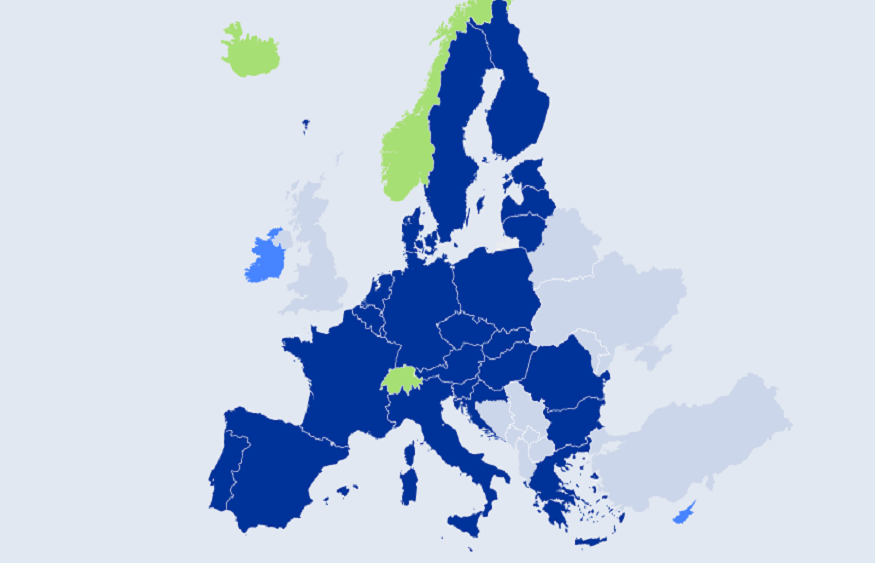If you are a student aspiring to study abroad, consider studying in the Schengen countries. Studying in Schengen countries will help you stand out in the crowd. It will allow you to get world-class education and exposure to global education.
However, going to a Schengen country for education involves a lot of preparation. There are a number of requirements you need to fulfil to complete your dream of studying in Schengen countries, like getting admission to a university in a Schengen country and getting Schengen travel insurance.
This article is going to cover the most crucial details about studying in Schengen countries, like the names of the top universities and the cost of studying there and details about Schengen student visa requirements.
Best Universities in Schengen Countries
| Name of the University | Location | Type of Study Abroad Program |
| Technical University of Munich | Munich, Germany | For the English Language |
| The University of Vienna | Vienna, Austria | For the English Language |
| University of Liège | Wallonia, Belgium | MBA |
| Anglo-American University | Prague, Czech Republic | MBA |
| University of Copenhagen (one of the best medical schools in Europe) | Copenhagen, Denmark | Medicine |
| Paris Descartes University | Paris, France | Medicine |
| Matej Bel University | Slovakia | Law |
Free Universities in Europe for PhDs
| Name of the University | Location |
| Norwegian University of Science and Technology,
University of Bergen, Stavanger University |
Norway
|
| University of Gottingen and LMU Munich | Germany |
Cost of Studying in Schengen Countries
| Name of the Country | Average Tuition Fees of Study Abroad Programs in € (Euro) Per Year |
| Austria | Around €750 |
| Belgium | Around €4200 |
| Denmark | Around €6,000 (for undergraduate programs)
Around €16,000 (for master programs in Europe) |
| France | Between €2,800 and €4,000 |
| Finland | Between €4,000 and €18,000 |
| Spain | Between €2,000-€4,000 |
What Is EHEA in Schengen Countries?
EHEA (European Higher Education Area) is a group of 48 countries which follow the same pattern of higher education. All the 29 countries that come under Schengen area work in compliance with the standards set by the EHEA.
The main benefits of EHEA are:
- It brings harmony by standardising degree structure.
- Promotes recognition of qualification in different Schengen countries.
- Helps in maintaining the quality of education.
Schengen Study Visa Requirements
Travelling to another country, regardless of the purpose, requires a visa, and the same applies to Schengen countries. With a single Schengen visa, you can travel to multiple Schengen countries, which helps save you time and effort.
In order to avoid last minute confusion, it is important to prepare well and gather all the necessary documents required for applying for a Schengen visa.
The documents needed are:
- Duly filled Schengen visa application form
- Passport
- Bank statement
- Proof of accommodation
- Flight tickets for round-trip
- Proof of academic qualifications
- Letter of acceptance from the university
- Last but not the least, student travel insurance
What Is Student Travel Insurance?
Student travel insurance is a travel insurance plan specifically designed for students travelling abroad. Schengen travel insurance helps students handle any unforeseen incident without much trouble, as the insurance company provides compensation for unexpected expenses. It includes:
- Personal accident cover
- Loss of baggage and passport cover
- Personal liability cover
- Study interruption cover
- Medical expenses cover
Summary
There are many requirements you need to fulfil in order to start your education in the Schengen countries and one of them is obtaining a Schengen visa and Schengen travel insurance. Equipped with this knowledge, select the most suitable educational programme and take your first steps towards a prosperous career

